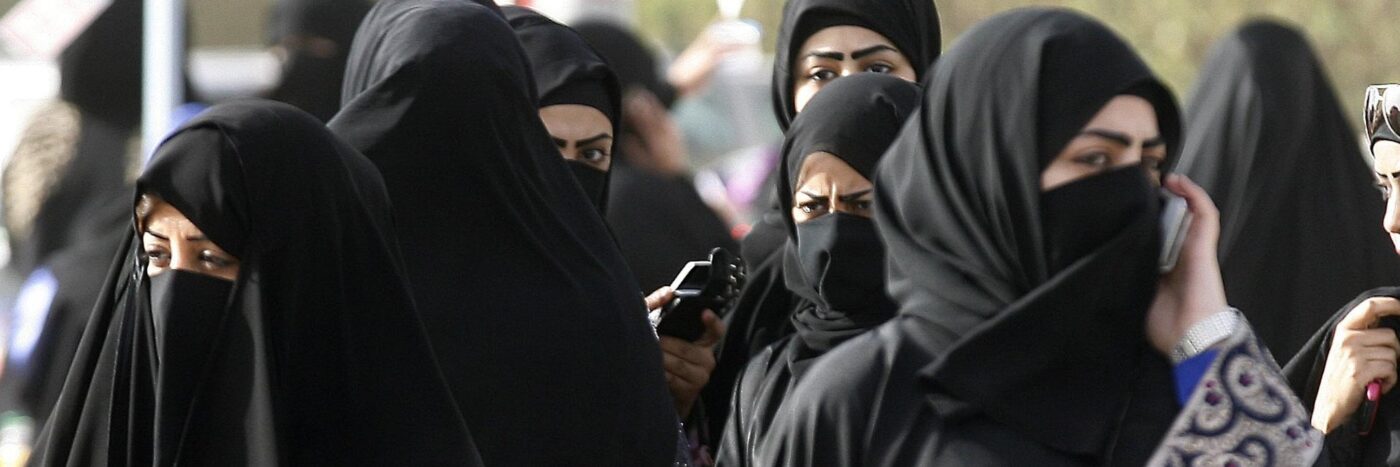
Under the title: Gender Equality Today for a Sustainable Tomorrow, the world will mark the 2022 International Women's Day on March 8. This year's celebration emphasizes the importance of women's participation in decision-making, especially on issues related to climate change and sustainability.
In his article for the International Day, United Nations Secretary-General António Guterres emphasized that we must draw "inspiration from the women and girls who are pressing for progress in every area and in every corner of our world".
International Women's Day comes on women in the Kingdom of Saudi Arabia, in light of horrific conditions, amid inequality and official attempts to promote that women's human rights conditions are in their best days.
With regard to the participation of women in decisions, especially fateful ones, the Saudi government claims that women occupy 35% of leadership positions, but the reality indicates that women’s appointments fall within the framework of official propaganda, as the Saudi government exploits and uses women to polish their image, without actually involving them in decisions making. The exclusion of individuals from decision-making is compounded by women, as while dozens of neighborhoods are being demolished in the city of Jeddah under the pretext of development, thousands of people, mostly women and children, are displaced without their participation in decisions or plans, thus taking them into the unknown.
The Secretary-General of the United Nations saluted women's rights activists who demand equality and justice, and said that they are working to build better societies. This comes in light of the continued detention or harassment of women human rights defenders and activists in Saudi Arabia. Women activists in Saudi Arabia are prevented from playing any actual role, by arresting them or preventing them from expressing their opinion and from working, traveling or using social media.
In addition, women in Saudi Arabia, despite the propaganda campaigns launched by the Saudi government, are still subject to many violations. Despite the changes announced by Saudi Arabia, a woman must still take permission from her husband or father, and in some cases even children, in issues related to marriage and make personal decisions in their lives. Moreover, the laws that Saudi Arabia has sung, including the Protection from Abuse Law, still fail to protect women from official violence represented in torture and ill-treatment in detention and from family violence.
On International Women's Day, the European-Saudi Organization for Human Rights affirms that the reality in Saudi Arabia is still far from the picture that the government is trying to paint, especially with regard to including women in the decision. The organization notes that female activists and human rights defenders in Saudi Arabia, despite official attempts to impose silence, are still trying to change reality for a better and sustainable tomorrow.
